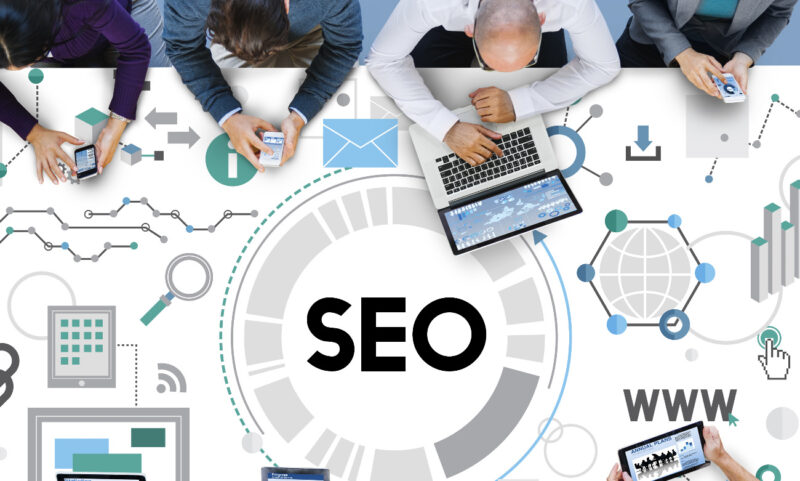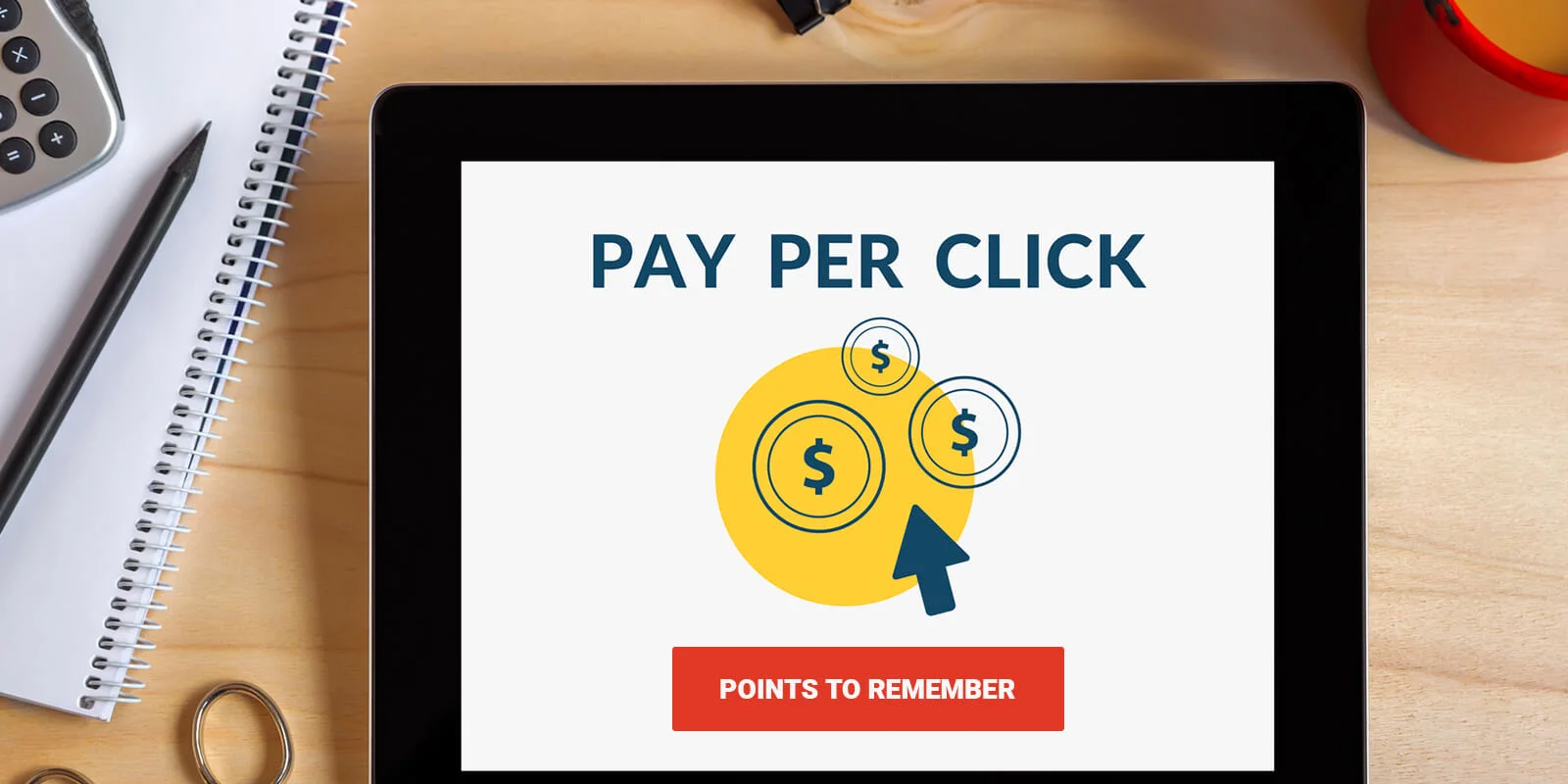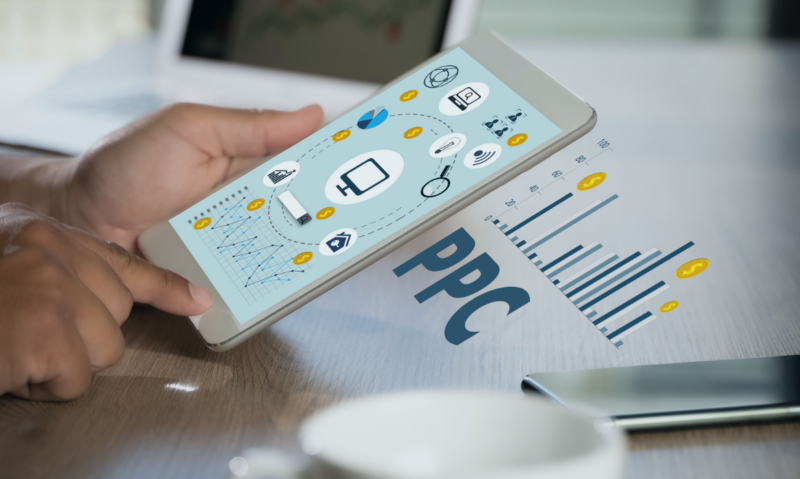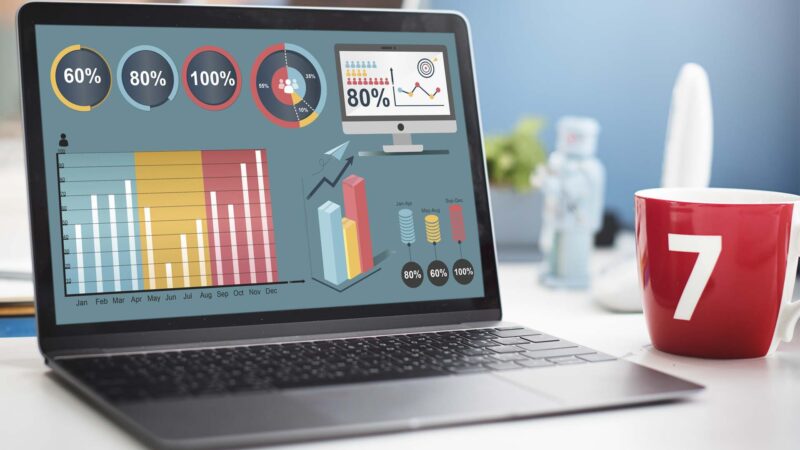When it comes to digital marketing, there are a variety of channels to drive traffic to your website. However, the two most common methods are SEO and PPC marketing. For website owners, choosing between these two strategies can be a difficult decision.
While PPC is often seen as a quick way to get results, it can be costly. On the other hand, SEO is free but takes time to show results. In this article, we will explore the differences between SEO and PPC, and help you determine which strategy is best suited for your business.
To help us answer this question, we have gathered insights from several marketing professionals. In this guide, we will cover a range of topics, including what SEO and PPC are, the differences between the two, and which is right for your business.
We will also explore factors such as budget, competition, sales funnel, ROI, and more, to help you make an informed decision. So, let’s dive in and find out which strategy is right for your business.
What is SEO?

Search engine optimization (SEO) is the process of improving your website’s visibility in search engines. It involves a combination of marketing, website design, user experience, and public relations tactics that any self-respecting business should be doing anyway, even if search engines didn’t exist.
Investing in SEO is a great way to ensure a strong future for your site and marketing strategy as it will build high-quality links to your site that tells the search engine your site is trustworthy. SEO is fundamentally a demand capture mechanism. When people search for a term, you attempt to produce and rank content for that term.
Although SEO takes longer to produce results than other advertising methods, especially PPC, the benefits are similar to dividends, aka long-lasting wins. It’s important to build a strong SEO foundation in order to build your other digital marketing strategies upon.
SEO is an essential aspect of any online business. By optimizing your website for search engines, you can improve its visibility, attract more traffic, and ultimately increase your revenue.
How to Monitor and Evaluate Your SEO Performance
To ensure that your website is performing well, you need to monitor and evaluate its SEO performance regularly. Luckily, there are several on-page events and metrics that you can track from Google Analytics 4 (GA4) and Google Search Console (GSC) to help you understand how your visitors are behaving on your landing pages.
Here are some of the most important metrics that you should track:
- Organic clicks by queries (GSC) ─ This metric tells you which search queries generate the most clicks to your website. By analyzing this data, you can optimize your content to rank higher for these queries.
- Organic clicks by page (GSC) ─ This metric shows you which pages receive the most clicks from search results pages. By analyzing this data, you can optimize your pages to improve their click-through rates.
- Organic sessions (GA4) ─ This metric tells you how many organic search sessions your website receives. By monitoring this metric over time, you can track the effectiveness of your SEO efforts.
- Organic engaged sessions (GA4) ─ This metric tells you how many website visitors were engaged with your content. An engaged session lasts longer than 10 seconds, has a conversion event, or has at least 2 pageviews or screenviews. By analyzing this metric, you can understand how engaging your content is to your visitors.
- Views per channel (GA4) ─ This metric shows you which channels generate the most views to your website. By analyzing this data, you can optimize your marketing efforts to focus on the channels that are most effective.
With these metrics and tools, you can ensure that your website is performing at its best and optimize your content and marketing efforts accordingly.
What is PPC?

PPC, or pay-per-click, is a form of online advertising where advertisers pay publishers every time someone clicks on their ad. This advertising method can provide immediate results, as long as you continue to invest money into it.
However, once you stop investing, your PPC campaign will also come to a halt. If you are in a time-sensitive position or want quick results, be sure to invest in PPC efforts to bid on those specific keywords. It is important to carefully monitor and adjust your PPC campaign to ensure it is generating a positive return on investment.
What’s the Difference between SEO and PPC?
When it comes to online advertising, there are two primary methods ─ SEO and PPC. Both have their own unique benefits and drawbacks, and it’s important to understand the differences between the two.
PPC, or pay-per-click advertising, is a method of advertising where advertisers pay a fee each time one of their ads is clicked. These ads are typically displayed at the top of search engine results pages (SERPs) and are marked as “sponsored” or “ad”.
The advantage of PPC is that it can generate traffic to your website quickly, and you only pay when someone clicks on your ad. However, PPC can be expensive, and there is no guarantee that your ad will be clicked on.
On the other hand, SEO, or search engine optimization, is the process of optimizing your website to rank higher in organic search results. This involves optimizing your website’s content, structure, and backlinks to make it more appealing to search engines.
The advantage of SEO is that it can generate long-term traffic to your website, and it’s free (although it does require time and effort to implement). However, SEO takes time to show results, and there is no guarantee that your website will rank for your desired keywords.

According to marketing experts, PPC is like renting a house, while SEO is like building your dream home. With PPC, you immediately get your needs met, but when you stop paying, you lose your accommodations. With SEO, you invest time and effort upfront, but you can reap the benefits for years to come.
Another way to think about it is that PPC is a transaction, while SEO is an investment. PPC can generate short-term results, but you’re at the mercy of Google and your competitors. With SEO, you’re building a long-term strategy that can generate a solid return on investment.
To make it more digestible, we relate the two channels to football. PPC is like a vertical passing game in football, with high risk and high reward. You could see results almost immediately, but it can be expensive and potentially disastrous if set up incorrectly. SEO, on the other hand, is like a conservative ground and pound running game, advancing 4 yards at a time. It’s slow-moving, but highly effective over time and can wear out your competition.
It’s important to note that both PPC and SEO have their own unique benefits, and it’s ideal to engage in both campaigns. PPC can get you traffic quickly, while SEO can deliver traffic more cost-effectively. As a rule of thumb, PPC will get you traffic quickly, and SEO can deliver traffic more cost-effectively.
Although the two have many differences, both provide a different set of value. Remember that SEO is a long-term investment that can generate free traffic to your website, while PPC is a short-term transaction that can generate quick results but can be expensive.
Both have their own unique benefits, and it’s important to understand the differences between the two before deciding which one to use.
Does PPC Affect SEO?

While PPC doesn’t have a direct impact on SEO, it can indirectly boost your organic traffic. This is because searchers who frequently see your ads are more likely to click on your organic listings as they have become familiar with your business through your PPC ads.
It’s important to view SEO and PPC as two channels that complement each other. Organic SEO results are desirable, but they can be challenging to achieve without a PPC campaign. On the other hand, a PPC campaign is redundant if you don’t make an effort with your organic SEO.
Using PPC advertisements can help maximize your SEO efforts. You can use PPC to test and prove SEO elements like topics, headings, meta descriptions, and taglines. Experiment with these factors in your ads until you find a winner, and then use those winners in your SEO.
TJ Kelly of Fans Raise suggests that PPC provides a shortcut to maximizing SEO. More importantly, you should measure the impact of your PPC strategies from time to time with the help of a paid ads dashboard.
In summary, while PPC doesn’t directly affect SEO, it can indirectly improve it by increasing your brand awareness and providing valuable insights into SEO elements that work best for your business.
SEO vs. PPC – What’s the Verdict?
When it comes to deciding between investing in SEO or PPC, integrating both advertising methods is the best tactic. However, if you’re only looking to invest in one method initially, there are a few factors to consider.
Budget
Your marketing budget is the most important factor to consider when deciding between investing in SEO or PPC. If you need to acquire new customers immediately, PPC is usually the way to go as it will deliver the customers you need to drive cash flow in the short term.
On the other hand, if you can invest in a long-term strategy to acquire customers, SEO makes the most sense. If your SEO efforts are successful, the cost per acquisition of organic leads is usually much lower than it is for paid traffic over the lifetime of a business.
If you’re short on budget, you should choose SEO over PPC. SEO is an organic approach that doesn’t require any additional funds, while PPC is an advertorial approach that will always require you to put money behind your ad in order for it to run.
Even a very basic PPC campaign can cost $1-3k to start generating leads, and can easily cost $500-$1k per month. And with PPC, if you stop paying, your campaign comes to a complete stop, and the leads stop coming in.
Competition
Doing a competitive analysis and finding out what your competitors are doing is essential when deciding between SEO and PPC. Knowing what you’re up against can help you make informed decisions and identify the quickest path to achieving your goals.
Sales Funnel
Each stage of the sales funnel has different goals, purposes, and marketing requirements. While SEO works for the entire funnel, PPC ads give the best results for the bottom of the funnel where leads are ready to be converted into paying customers.
PPC is going to give you fast results for the bottom of the funnel, whereas SEO is a longer-term strategy that guides users from top to bottom.
ROI

When it comes to ROI, SEO is more consistent but usually requires more time to get a good return on organic spent. PPC will help you get your first fundamental clients and your first money from online marketing, but as soon as you stop spending money on Google or Bing, you’ll lose it all.
Time in Hand
If you’re new to online marketing, go first with PPC and see how it’s going, but in the meantime, start growing your content and your relations to have results from SEO during times. SEO takes more time to show results, but it can be done for far less money – especially over the long term.
Goals
The most important factor to consider is which part of the sales funnel you are most interested in capturing. PPC is best used for conversion since there is a cost involved, while SEO is much more applicable to informational steps in the customer journey, used for providing answers to real questions your prospects are asking.
Types of Leads
PPC ads deliver quick results for the bottom of the funnel, whereas SEO is a longer-term strategy that guides users from top to bottom. SEO is an organic approach that doesn’t require any additional funds, while PPC is an advertorial approach that will always require you to put money behind your ad in order for it to run.
Long Term vs. Short Term Results

If you have a small marketing budget, it may be wiser to pursue SEO over PPC. However, if your monthly marketing budget is more substantial, then you may get better results from PPC ad campaigns.
Keyword Difficulty
Use PPC to test out new keyword groups. When you find one that converts well, invest in SEO until you rank number one while you test another keyword group with PPC.
Target Consumer Behavior
To get reliable quality leads through your pay-per-click ads, they need to be highly targeted for specific keywords. Many of those keywords can come with highly affordable costs per click of just a few dollars, while others can be very expensive, racking upwards of 20 or even 40 dollars for a single click.
While PPC ads can deliver quick results, they can also burn through your marketing budget quickly and may actually deliver only a handful of qualified leads.
Wrap Up
Ready to make your digital marketing strategy decision? Deciding between PPC and SEO depends on your business goals and timeline. If you want quick results, go for PPC, but if you’re in it for the long haul, SEO is the way to go.
Regardless of your choice, monitoring your campaigns’ performance is crucial. Leverage the experience of a digital marketing agency to help assist your online efforts. Use these free PPC and SEO dashboards to keep track of your progress and make data-driven decisions.
Remember, success in digital marketing requires patience, consistency, and a willingness to adapt to changing trends.

